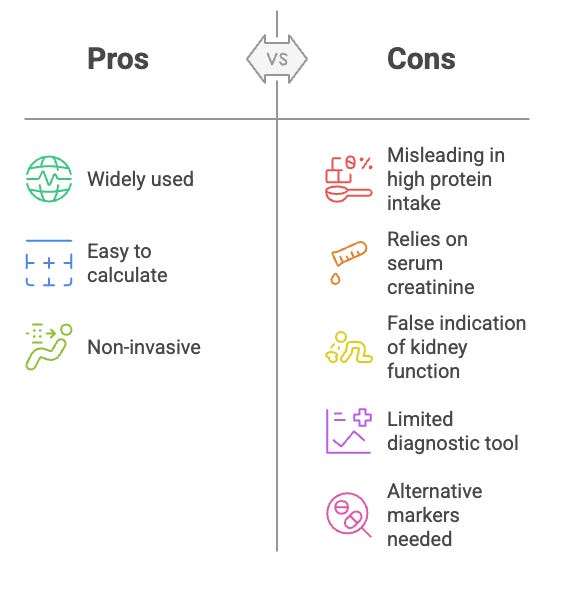Lean muscle mass often referred to as skeletal muscle has two prime associations to optimal health;
Movement
Metabolic rate influence,
Your metabolic rate is influenced by muscle due to the nature of its thermogenic tissue (i.e., energy consuming). For the majority of people this is the largest single contributor to daily energy expenditure. It seems to be for this reason that any decline in skeletal muscle mass is associated with an increase in body fat mass.
In layman's terms this means that the more muscle you have the more energy you'll be using up, even when asleep. Muscle uses up energy just to maintain its mass. So good levels of lean muscle mass is associated with longevity and good health.
The geeky bit for those that want to know WHY this is...
"Because of its oxidative capacity (i.e., mitochondrial content) skeletal muscle is also a large site of fat oxidation, potentially playing a role in maintaining lipoprotein (cholesterol) and triglyceride homeostasis. Skeletal muscle is also, mostly by virtue of its mass, the primary site of blood glucose disposal; hence, maintaining skeletal muscle mass would also play a role in reducing risk for development of type II diabetes. Finally, the decline in maximal aerobic capacity with age, and with other muscular wasting conditions, including weight loss, has also been found to be due, to a large degree, to a decline in skeletal muscle mass and skeletal muscle quality." (2)
























